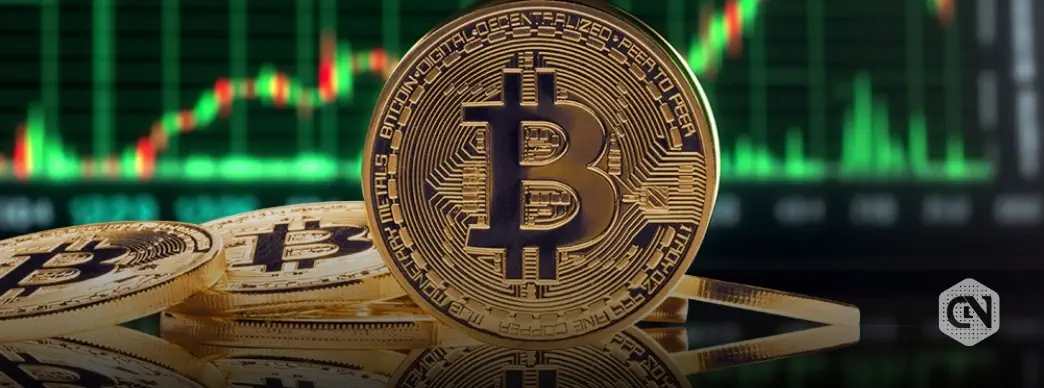Bitcoin (BTC) price is facing increased downward pressure, with several indicators pointing to the potential for a further drop. The BTC price has recently experienced significant volatility despite surging beyond $60,000 last week. Hence, there are growing concerns that it may fall to $55,000 in the near term. Here are three key reasons why Bitcoin risks another price dip to this level.
1. Bitcoin Whale Selloff
A large Bitcoin holder, often referred to as a “whale,” recently sold 500 BTC, worth approximately $30.07 million. This sale, which occurred 12 hours before BTC price began to drop, adds to the growing trend of whales reducing their holdings. This particular whale has a history of swing trading BTC, successfully making money on the first trade.
A whale sold 500 $BTC($30.07M) 12 hours ago before the $BTC price dropped.
This whale has made 3 swing trades on $BTC, but only made money the first time, the next two trades were losses.
He still holds 259.6 $BTC($15.15M), with a total loss of more than $6M!
Address:… pic.twitter.com/w4Rkqbvg5g
— Lookonchain (@lookonchain) September 16, 2024
However, the following two trades resulted in significant losses, amounting to over $6 million. Despite still holding 259.6 BTC (valued at $15.15 million), this whale’s selloff has contributed to increased selling pressure in the market. For further context, whale activity is often viewed as an indicator of broader market sentiment, and large sell-offs can spark panic among smaller investors.
When major holders offload their assets, it signals a potential lack of confidence in the short-term price stability and others could follow suit. This wave of sell pressure could further drive Bitcoin price downward in the coming days.
2. Long Liquidations and Exchange Balance Surge
Over the past 24 hours, a total of 3,208.37 BTC has flowed into exchanges, signaling an increased likelihood of further selling pressure. This surge in exchange balances suggests that more Bitcoin is being moved from wallets to exchanges, likely with the intention of selling.
When significant amounts of Bitcoin are transferred to exchanges, it typically indicates that holders are preparing to liquidate their positions, leading to further price drop. Additionally, long liquidations, which indicate that traders are forced to sell off their positions have also surged.
The total liquidations amounted to $29.41 million, according to Coinglass data. As traders are liquidated, it often exacerbates downward momentum, pushing prices lower. The combination of rising exchange balances and forced liquidations creates a negative feedback loop, further depressing Bitcoin’s price.
3. Analyst Caution On Bitcoin Price
Ali Martinez, a prominent crypto analyst, noted that BTC price is currently trading within a parallel channel on the hourly chart. He highlighted that as long as the lower boundary of the channel holds, Bitcoin could potentially rebound to $60,200 or $62,000.
On the hourly chart, #Bitcoin is moving within a parallel channel. If the lower boundary holds, $BTC could rebound to the mid or upper levels at $60,200 or $62,000. However, a break below the $58,100 support may lead to a drop towards $55,000. pic.twitter.com/5JbnrGRjYE
— Ali (@ali_charts) September 16, 2024
However, if Bitcoin breaks below the critical support level of $58,100, it risks a further decline to $55,000. Martinez’s analysis provides a roadmap for traders, suggesting that while there is potential for a recovery, the risk of a price drop remains high.
Is Upcoming Fed Rate Cut A Game-Changer?
While these factors indicate a bearish outlook, there’s still hope for Bitcoin. The CME FedWatch tool shows a 100% probability of a September rate cut, with increasing bets on a 50-basis-point reduction at the upcoming Federal Reserve meeting.
If this materializes, it could provide a significant boost to the cryptocurrency market, potentially reversing BTC’s downtrend. However, until then, the market remains on edge, with a potential drop to $55,000 looming.
Also Read: Ethereum Dives to 3-Year Low vs. Bitcoin: Is the FOMC Meeting the Market’s Last Hope?





